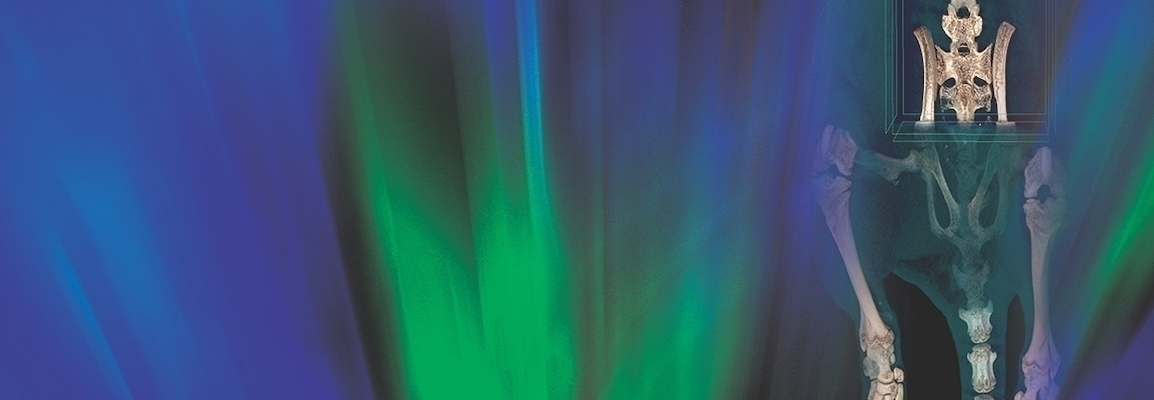

Low Dose and Quantitative Total Body PET/CT for Preclinical Imaging
In this webinar, Dr. Ali Asgar Attarwala, Nuclear Molecular Imaging Scientist at Bruker Biospin and a Medical Physicist by qualification, will give insights into the effects of ionising radiation on study animals and how the resultant biological effect can influence the integrity of the research outcomes. In effect, he will present a new preclinical PET/CT system with design features which make it suitable for small animal low-dose imaging. The CT subsystem uses an X-Ray source power that is optimized for small animal imaging and a PET subsystem with a sensitivity of 9% (NEMA) that can be leveraged for use of low tracer doses and performing rapid scans. This combination has enabled total-body mouse PET/CT studies to be completed with absorbed doses of below 10 mGy.
What to Expect
In this webinar, Dr. Attarwala will discuss the design and technological features of the newly launched Si78 PET/CT imaging system by Bruker Biospin GmbH. He will explain the low dose capabilities of the system using phantom and mice experiments performed in cooperation with KU Leuven University, CHUV Lausanne University Hospital and University of Virginia.
Key Topics
- Ionising Radiation Effects in preclinical Imaging
- Low dose imaging
- Si78 PET/CT
Who Should Attend?
The webinar would appeal to oncologists, biologists, radiochemists, medical physicists, clinicians, radiation technologists and drug developers involved in diagnostic imaging in both clinical and preclinical settings.
Speakers
Dr Ali Asgar Attarwala
Bruker BioSpin
Joined Bruker BioSpin in 2018 as Application Scientist in the field of PreClinical Imaging (PCI) supporting PET/SPECT/CT and MR imaging. Previously, he studied Medical Physics at the University of Heidelberg where he graduated in 2017. During his time in Heidelberg he mainly focussed on optimization of quantitative imaging techniques and therapy planning in radiation oncology.
Dr. Carlos Correcher
Head of NMI System Engineering and Integration at Bruker BioSpin
Carlos has been working in PET instrumentation for more than 10 years, currently as Head of System Integration for NMI and before he was developing PET reconstruction algorithms. Previously he worked in the development of medical devices and applied robotics. He has a MsC in Computer Engineer.